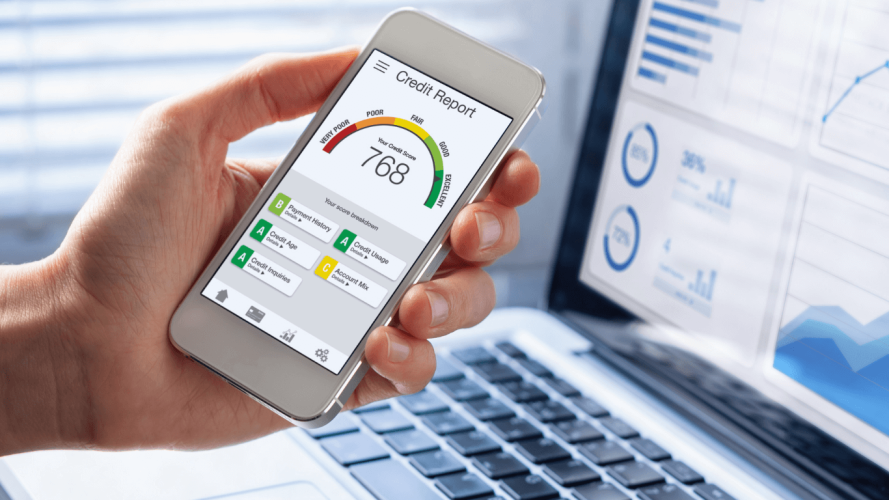Personal loans are taken out for a variety of reasons — everything from debt consolidation to medical bills, from wedding expenses to appliance purchases. Is a personal loan the best option in your current situation? Here are some things to consider before taking out a personal loan.
Is a Personal Loan Your Best Option?
Many people who are considering a personal loan are faced with an emergency, such as a broken refrigerator, medical bills, or major repairs on a vehicle. The best way to handle these situations is by relying on personal savings accounts, but not everyone has enough money in savings to deal with an unexpected major expense.
Consider if a different type of loan would be a better option. For example, if you need to buy a car, a vehicle loan may have a lower rate than a personal loan, or if you need an emergency home repair, find out the rates and terms of a home improvement loan. Another option may be to ask for help from family or friends.
Current Debt
Before relying on borrowed money, consider how much debt you already have and whether you’ll be able to afford another payment. If you take on another loan that you can’t afford, you risk missing payments or defaulting on the debt, which can impact your financial picture for years to come. If you’re considering a loan for debt consolidation, will you pay more in interest and fees than you’re currently paying? If a new loan costs you more money in the long run, it’s probably not your best choice.
Your Credit Score
Before applying for a personal loan, consider your credit history and credit score. If you don’t have good credit, you may not be approved for a personal loan, or you may only be able to get the loan at a high-interest rate. The better your credit score, the better your chances of getting a loan at a good rate, which can save you thousands of dollars over the life of the loan.
If you’re not in the middle of an emergency and your credit score needs work, it’s a good idea to work on bringing your score up before applying for a personal loan. Start by getting caught up on any past due payments. If you’ve been in the habit of paying bills a little bit late, work on paying them on time going forward. If you have a lot of credit card debt, pay down your balances as much as you can. Ideally, you should only be using about 30 percent of your available credit.
Credit Report Errors
When checking your credit report before applying for a loan, look for errors. If the credit bureaus are reporting inaccurate payment status or account balances, it may be hurting your credit score. If you do find errors, dispute them immediately.
Dovly is an AI credit engine that can help you dispute any errors you find on your credit report. Try it risk-free with our free membership tier. Get in touch with Dovly today.



